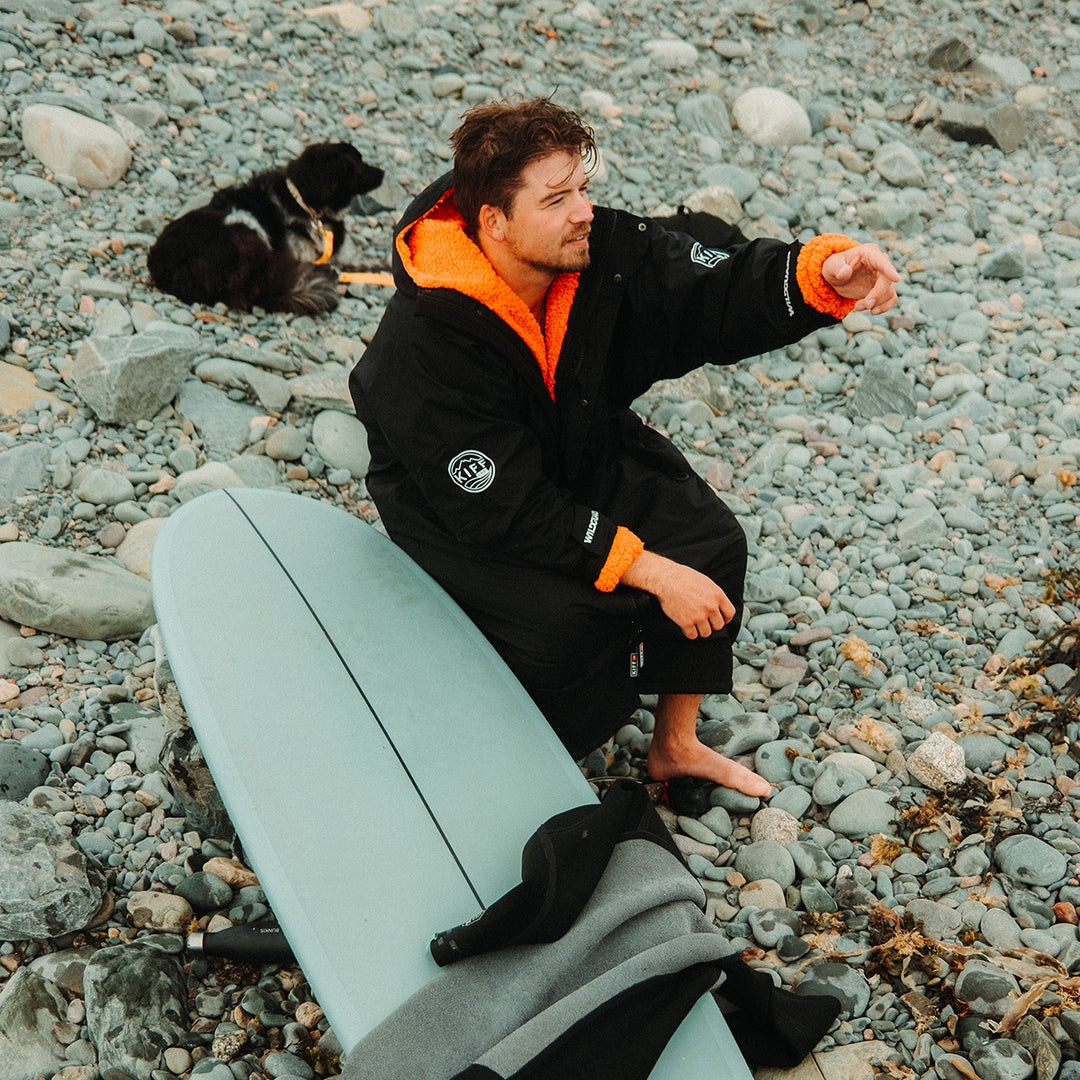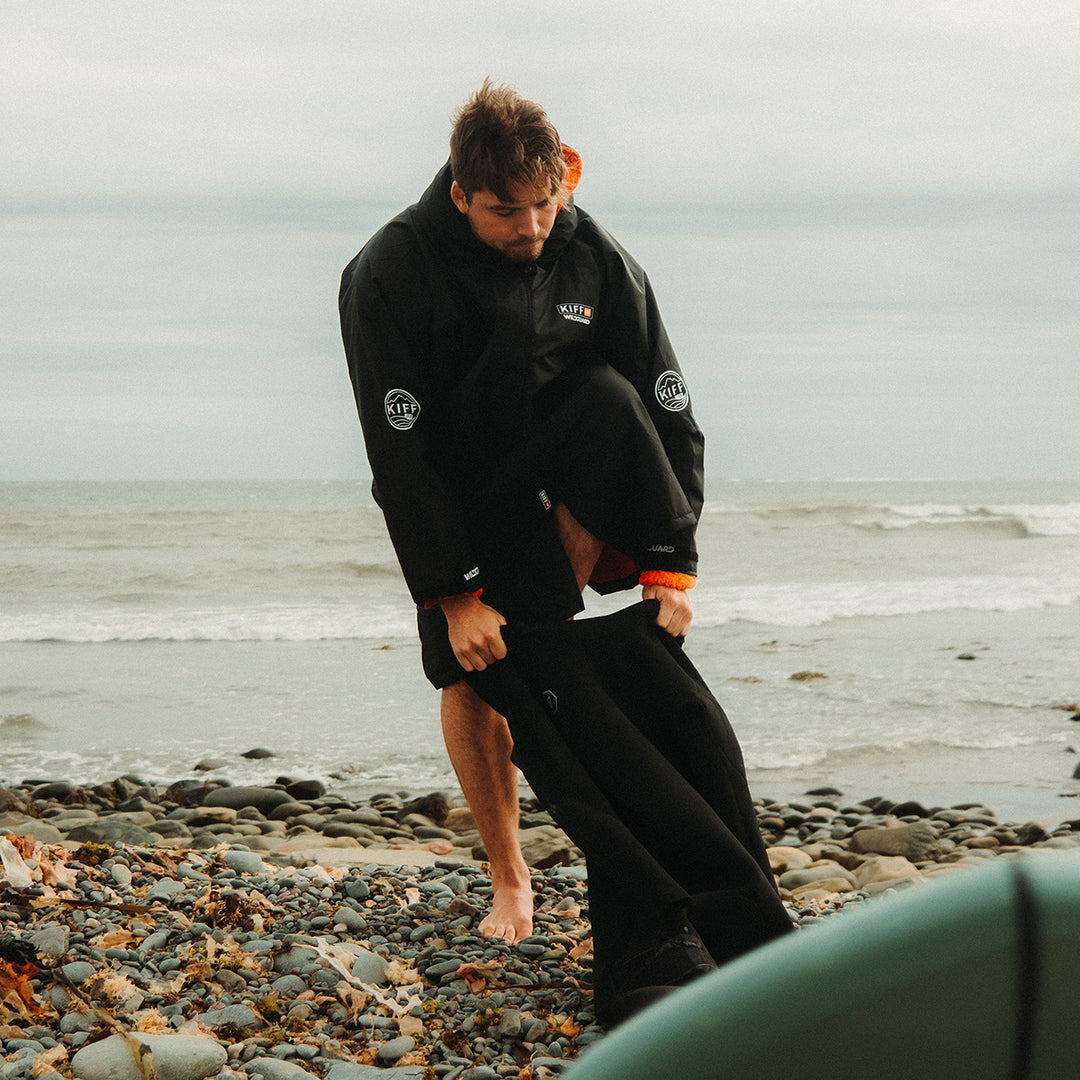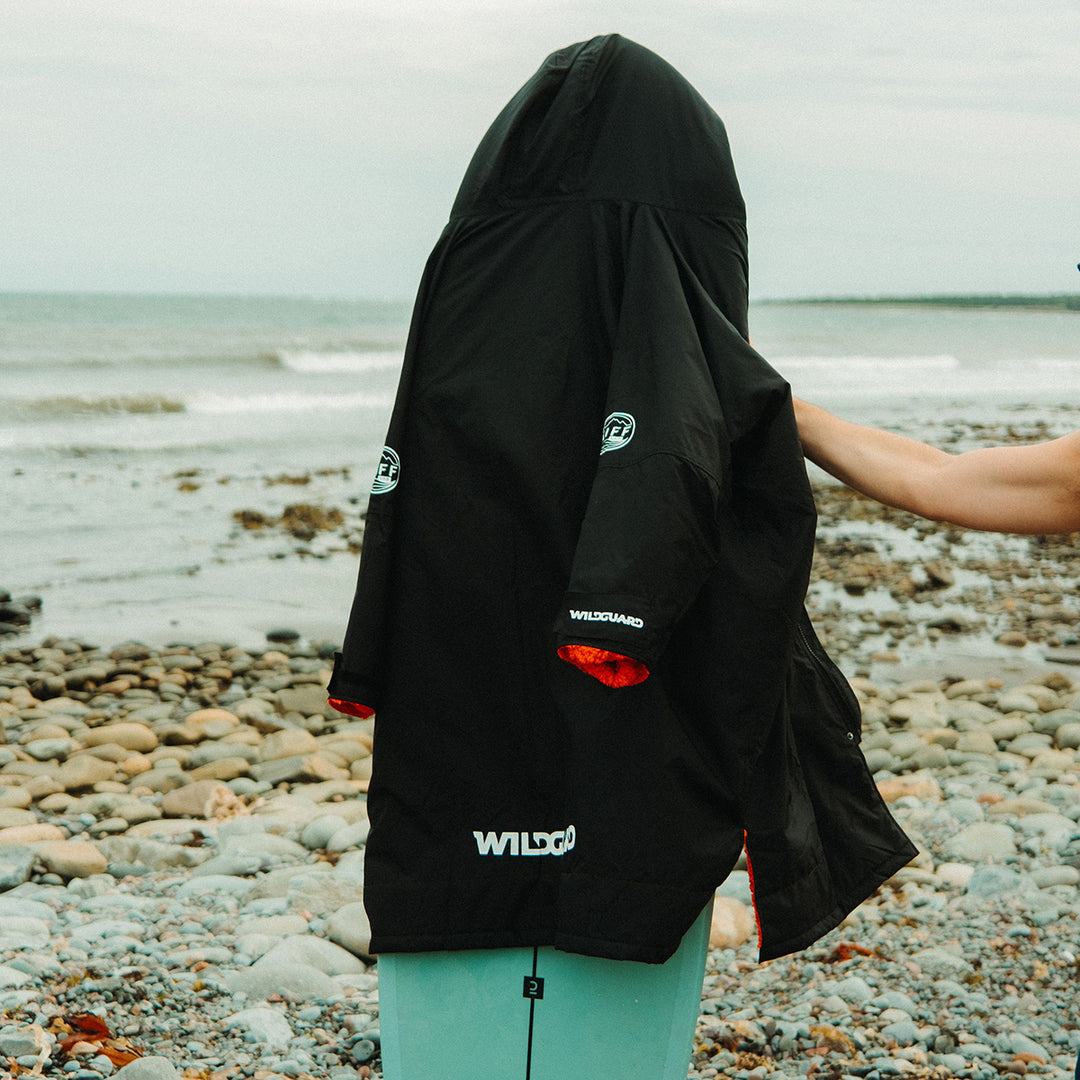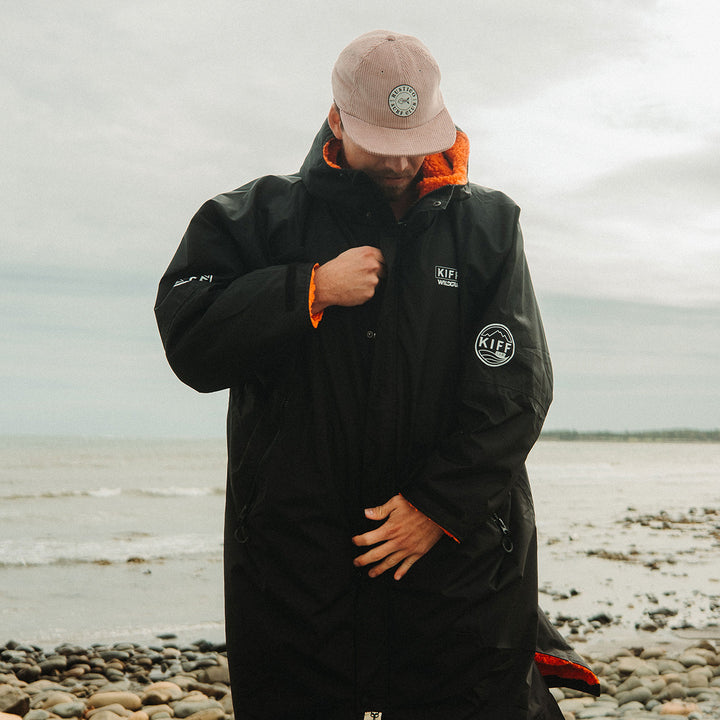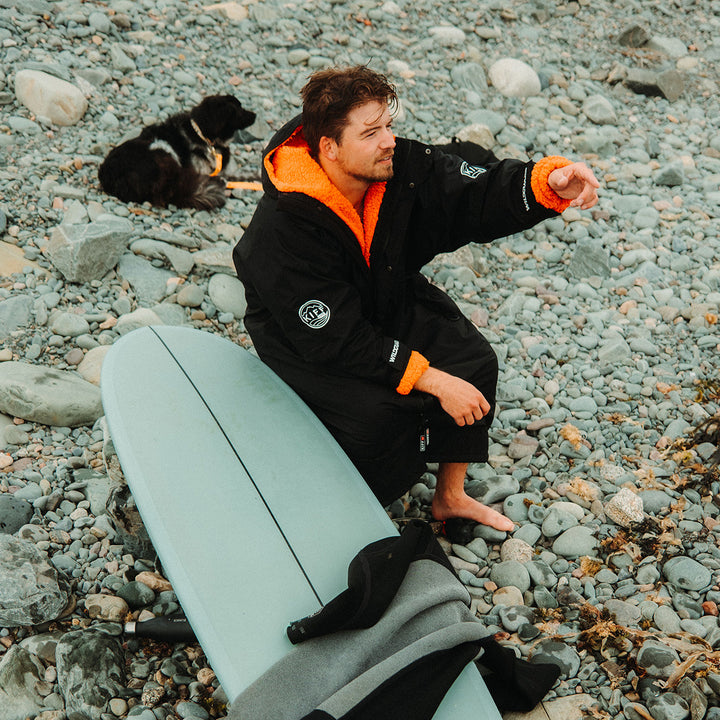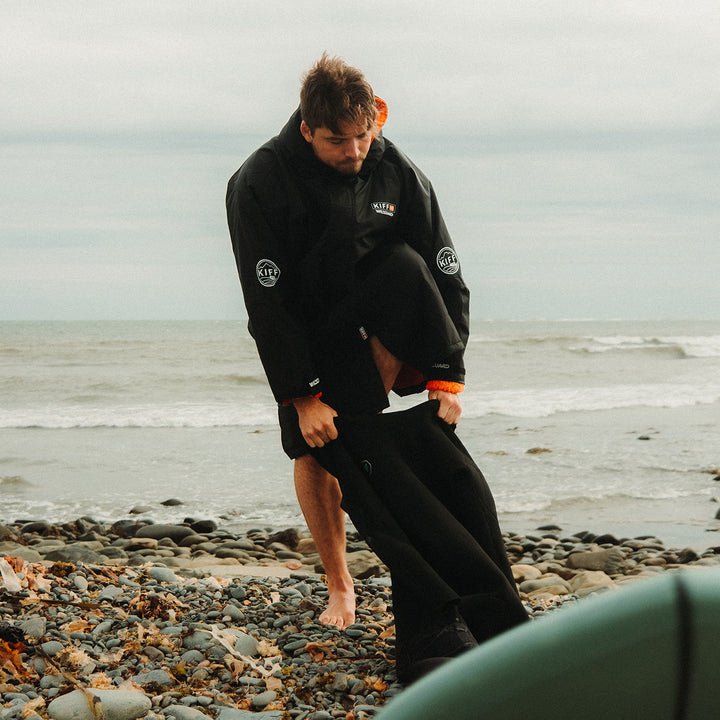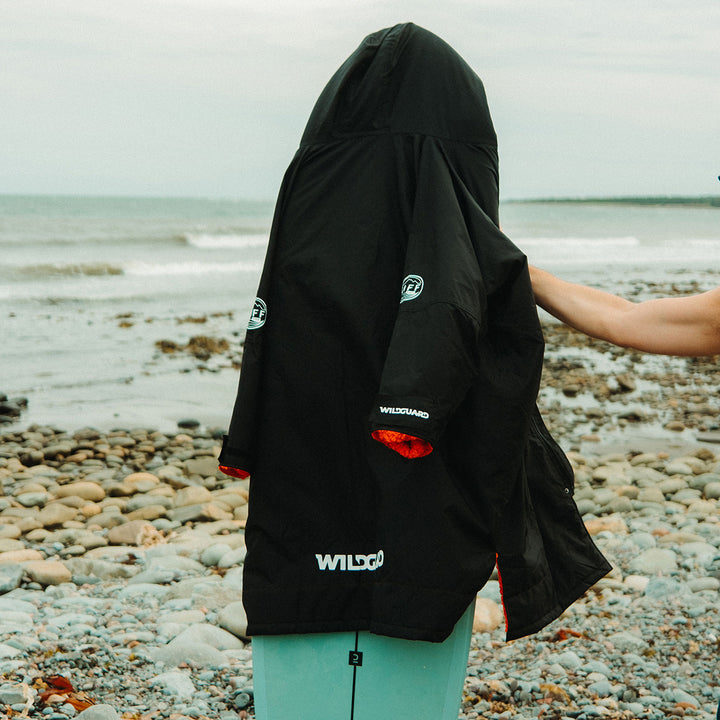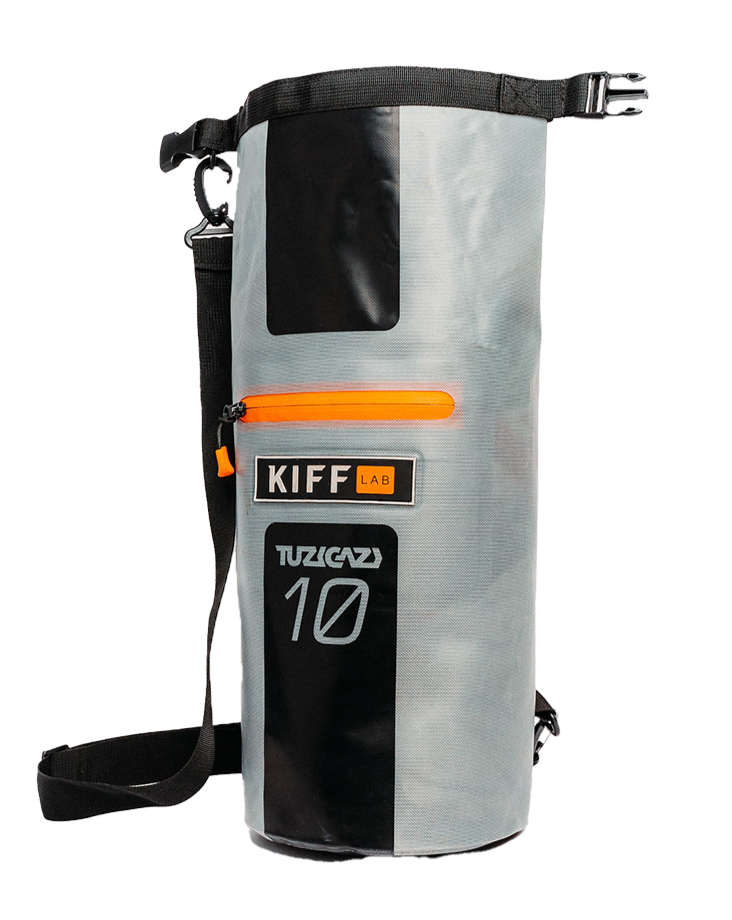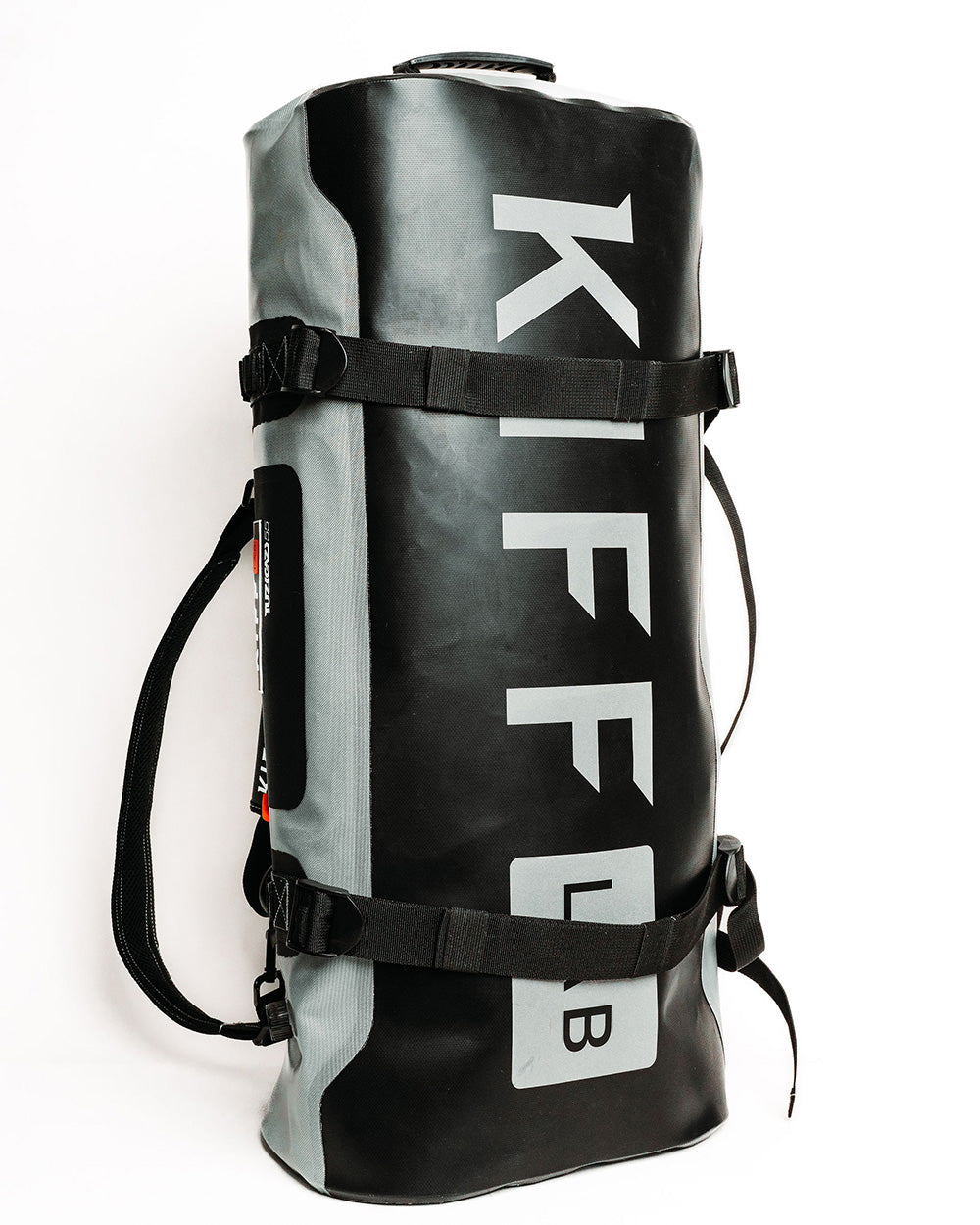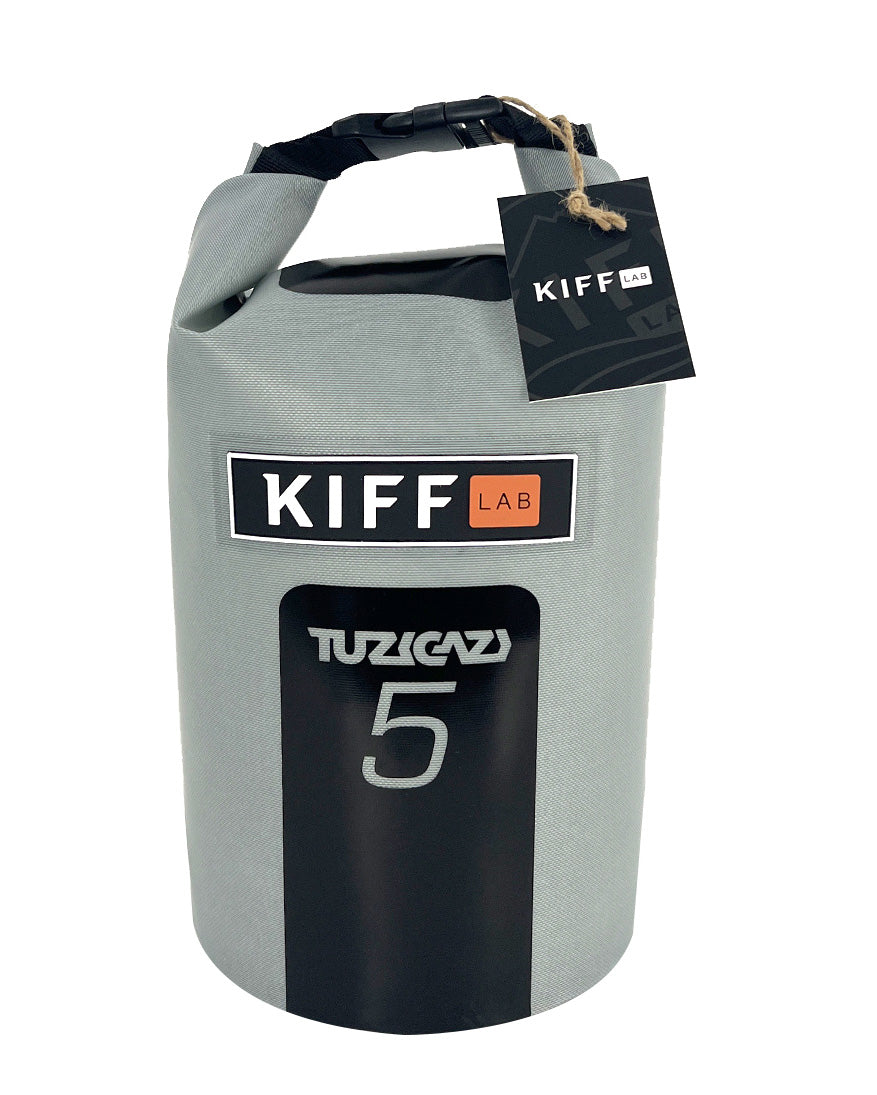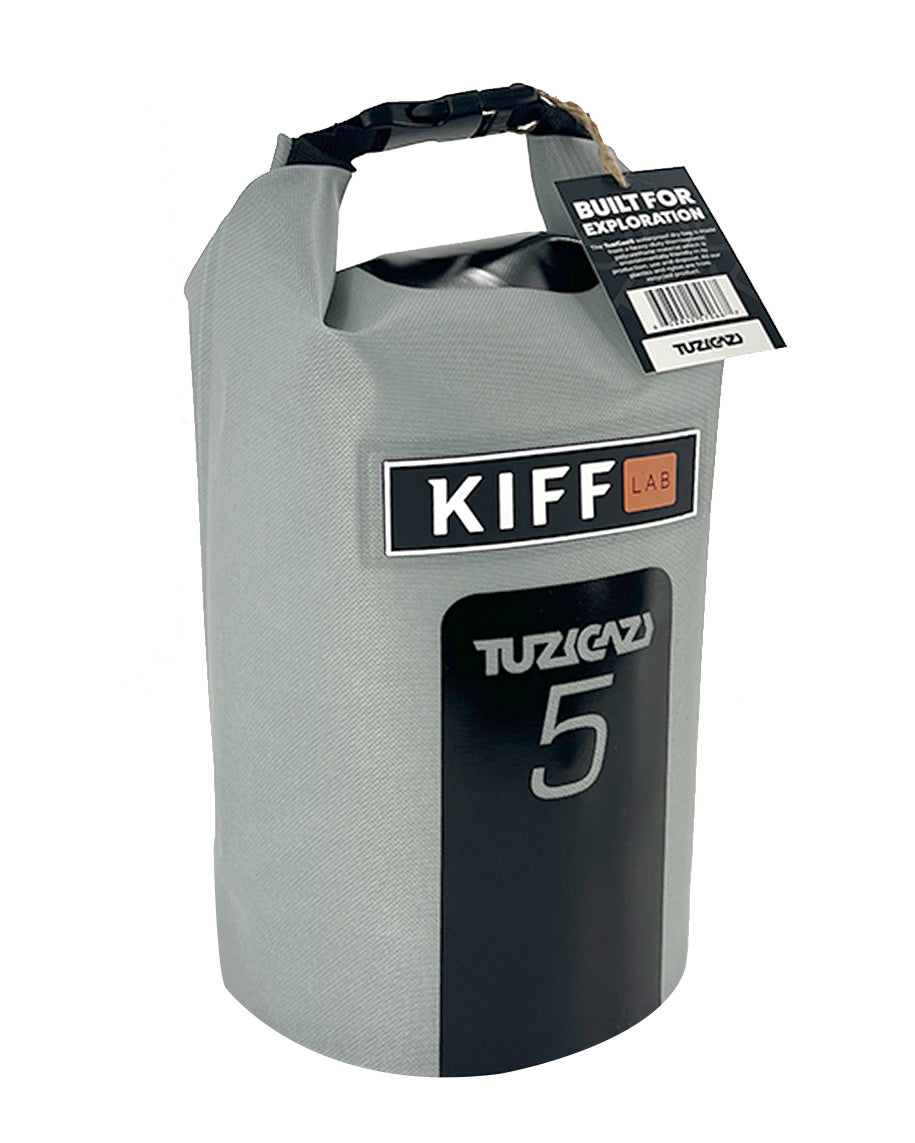Spearfishing is a popular activity for many people around the world, but it's restricted in Nova Scotia. You can spear in tidal waters, but not inland rivers and lakes. At KiffLab, we understand and recognize the ban on spearfishing in Nova Scotia, as it is part of an effort to protect the marine ecosystem and promote sustainable fishing practices.

Photo: Dimitris Loukeris
One of the primary concerns associated with spearfishing is the safety risks involved in spearfishing. The use of spearguns and other spearfishing equipment can pose dangers to divers and swimmers in the area. Spearfishing equipment, if not handled with caution, can be hazardous, and incidents of injuries or fatalities related to spearfishing accidents have been documented in the past.
Additionally, we are aware of concerns associated with spearfishing and the potential for overfishing. Spearfishing can be an efficient method of catching fish, but without proper regulation, it can lead to the overfishing of specific species. Overfishing can have negative impacts on the overall ecosystem, resulting in declines in fish populations and disruptions in the food chain. This, in turn, affects other marine life such as birds, mammals, and other fish species that rely on the targeted fish for sustenance.
Moreover, we understand the potential environmental harm that can be caused by spearguns and other spearfishing equipment. These tools are designed to impale or penetrate fish, and if used improperly, they can cause damage to other marine life, including sensitive habitats like coral reefs.
Moreover, we understand the potential environmental harm that can be caused by spearguns and other spearfishing equipment. These tools are designed to impale or penetrate fish, and if used improperly, they can cause damage to other marine life, including sensitive habitats like coral reefs.

Photo: Dimitris Loukeris
To address these concerns, Nova Scotia has implemented regulations that strictly prohibit the use of spearguns or any equipment specifically designed to impale or penetrate inland lake and river fish. These regulations have been established to safeguard the marine ecosystem and encourage sustainable fishing practices.
It's worth noting that these regulations also encompass commercial fishing operations. The province has a comprehensive licensing system in place for commercial fishing, ensuring that participants adhere to strict guidelines. These regulations encompass fish population quotas, gear restrictions, and other measures to ensure the fishery's long-term sustainability.
Overall, Nova Scotia's ban on spearfishing is a vital component of its commitment to protecting the marine ecosystem and promoting sustainable fishing practices. While arguments may favor safe and responsible spearfishing practices, the province has determined that the potential risks outweigh the benefits. The regulations in place are intended to preserve the health of the marine ecosystem and foster a sustainable fishery for generations to come.
To address these concerns, Nova Scotia has implemented regulations that strictly prohibit the use of spearguns or any equipment specifically designed to impale or penetrate inland lake and river fish. These regulations have been established to safeguard the marine ecosystem and encourage sustainable fishing practices.
It's worth noting that these regulations also encompass commercial fishing operations. The province has a comprehensive licensing system in place for commercial fishing, ensuring that participants adhere to strict guidelines. These regulations encompass fish population quotas, gear restrictions, and other measures to ensure the fishery's long-term sustainability.
Overall, Nova Scotia's ban on spearfishing is a vital component of its commitment to protecting the marine ecosystem and promoting sustainable fishing practices. While arguments may favor safe and responsible spearfishing practices, the province has determined that the potential risks outweigh the benefits. The regulations in place are intended to preserve the health of the marine ecosystem and foster a sustainable fishery for generations to come.







